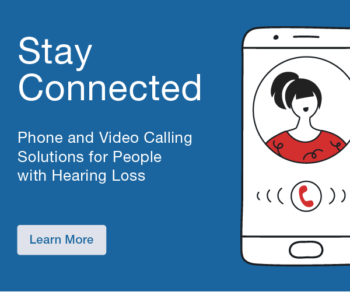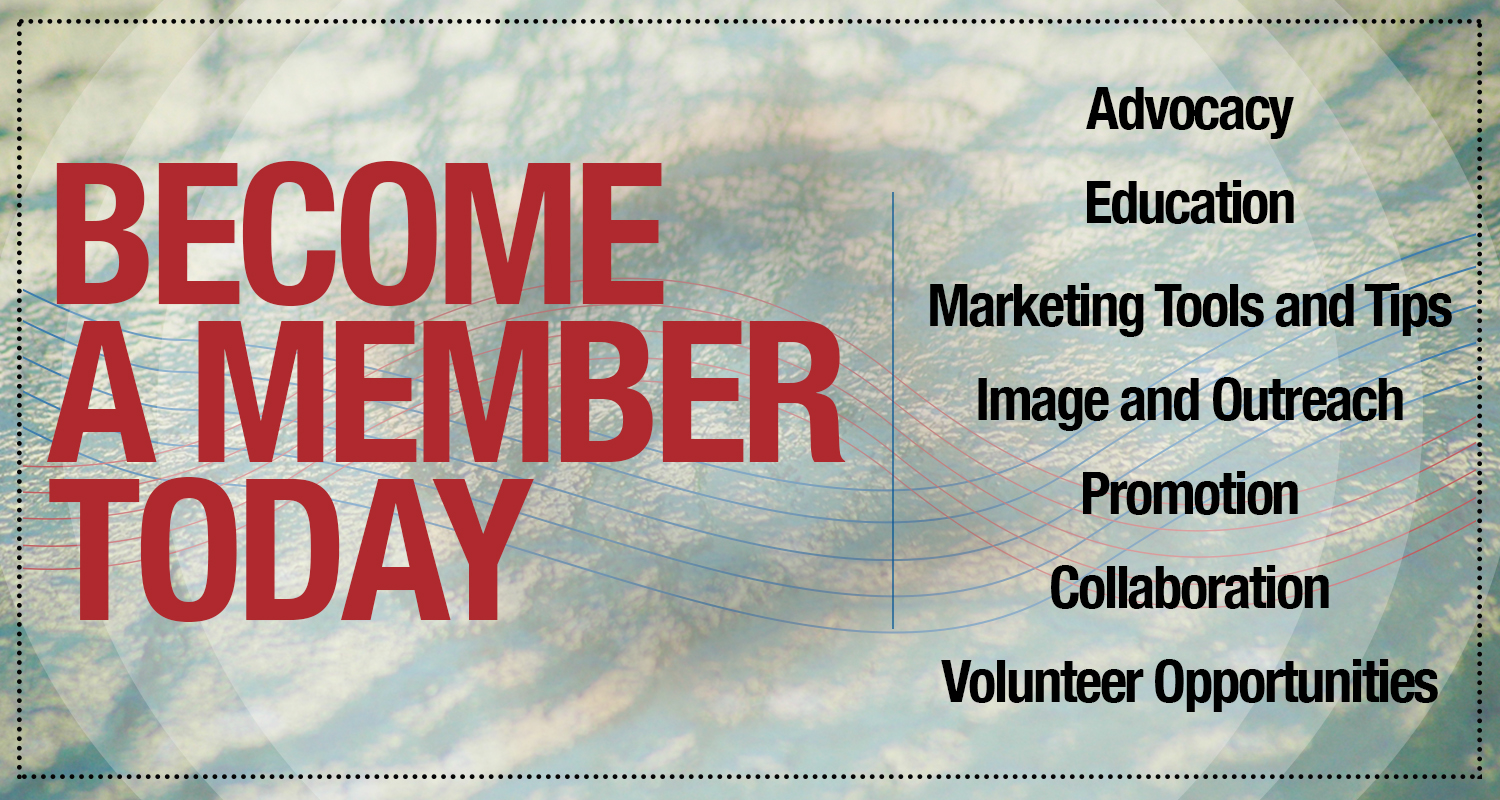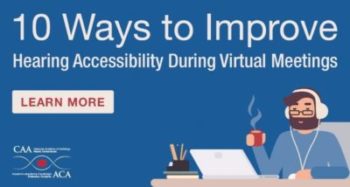Studies on hearing devices and audiology verification systems are often completed to assess the function of a new feature that clinicians will use in practice. While some research is conducted in-house, third party studies are often required for regulatory approval or to access specialized resources, including equipment, expert personnel, and participant databases with diverse hearing profiles. The outcomes of these studies may direct further research and development within the company and support marketing in the field.
The Translational Research Unit (TRU) at the National Centre for Audiology was developed to provide arms-length contract research, and for the past 15 years this unit has collaborated with Western University faculty members in Health Sciences, Engineering, and Medicine to conduct studies with adult participants for more than a dozen companies around the world.
As the research manager of the TRU and an audiologist in the NCA’s Hearing Aid Technology’s and Outcomes for Adults and the Innovations in Hearing Technologies labs, I will provide an overview of the types of studies we do – from manikin-based measurements to clinical field trials. We will discuss how we balance study parameter control with real-word applicability to ensure ecologically valid results of hearing aid outcomes.
Learning Objectives:
- Participants will understand some of the different methodologies studies within the TRU use to evaluate hearing devices and audiology verification systems.
- Participants will explore some key regulatory and scientific factors involved in conducting medical device research used to market to hearing health care clinicians.
- Participants will gain insight into the challenges of designing studies that maintain scientific rigor while ensuring results are relevant and applicable to real-world clinical practice.



